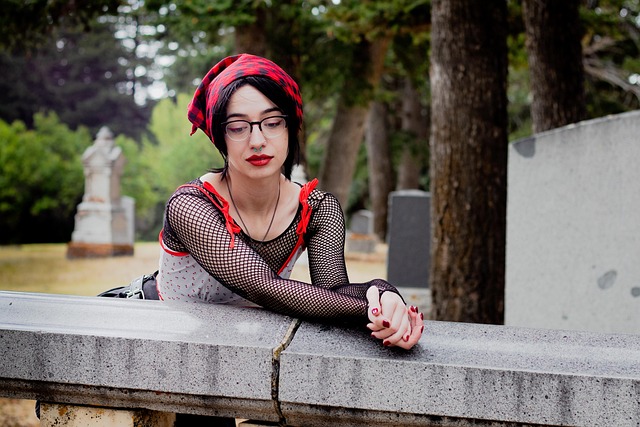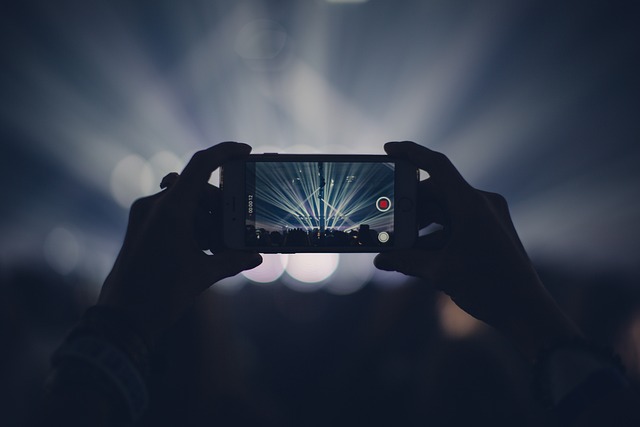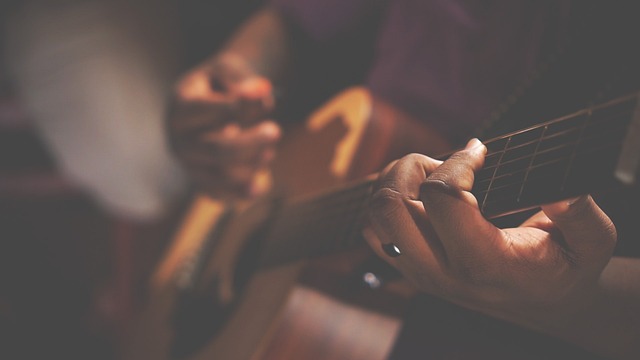Rocking Out: Exploring the Punk Rock Scene and its Impact on Music Culture
Punk rock is not just a musical genre; it’s an attitude, a culture, and a way of life that has left an indelible mark on the world of music. Originating in the mid-1970s, punk rock brought a raw, unpolished sound that challenged the mainstream musical landscape, creating a space for rebellious expression and anti-establishment sentiments. Bands like The Ramones, The Sex Pistols, and The Clash stormed onto the scene with their fast tempos, hard-edged melodies, and DIY ethos, encapsulating the frustrations of a generation.
At its core, punk rock is about empowerment and freedom. Its music invites listeners to be uninhibited, to scream out loud, and to dance without care. The raw energy found in a punk rock party is unmatched; it’s a space where individuals can connect, share ideas, and express their dissatisfaction with societal norms. With mosh pits and crowd surfing, each show becomes a cathartic experience, allowing fans to unleash their pent-up emotions in a whirlwind of chaos and camaraderie.
The punk rock scene has notably influenced various musical genres, giving rise to subgenres such as hardcore, pop punk, and skate punk. This genre-bending ability has transformed the music culture landscape, encouraging artists to explore their creativity and challenge the expectations of traditional music. Punk rock’s do-it-yourself approach has inspired countless musicians to take control of their artistry, leading to an explosion of independent labels, underground shows, and self-produced albums.
Moreover, punk rock has also significantly impacted fashion and style, with its iconic symbols like leather jackets, ripped jeans, and vibrant hairstyles defining a generation. This aesthetic was as much a part of the punk culture as the music itself. It represented a rejection of conformity, a desire to stand out in a world that often demands uniformity. The culture of punk rock promotes individuality and self-expression, allowing everyone to be who they truly are without fear of judgment.
The ripple effects of the punk rock scene are evident even in today’s music culture. Many contemporary artists across genres are influenced by the rebellious spirit of punk, whether they’re channeling its raw energy or adopting its ethos. From pop icons to indie rockers, the lessons of punk rock continue to inspire musicians seeking authenticity in their work. This ongoing evolution shows that punk rock isn’t just a relic of the past but a living, breathing force in music that will continue to inspire generations.
In essence, punk rock is a celebration of rebellion and creativity, a genre that invites us all to rock out and embrace our authentic selves. Whether at a bustling underground venue or a massive music festival, the heartbeat of punk rock remains strong—fueling parties, creating connections, and echoing in the hearts of music lovers everywhere. So grab your leather jacket, turn up the volume, and dive headfirst into the vibrant world of punk rock!




